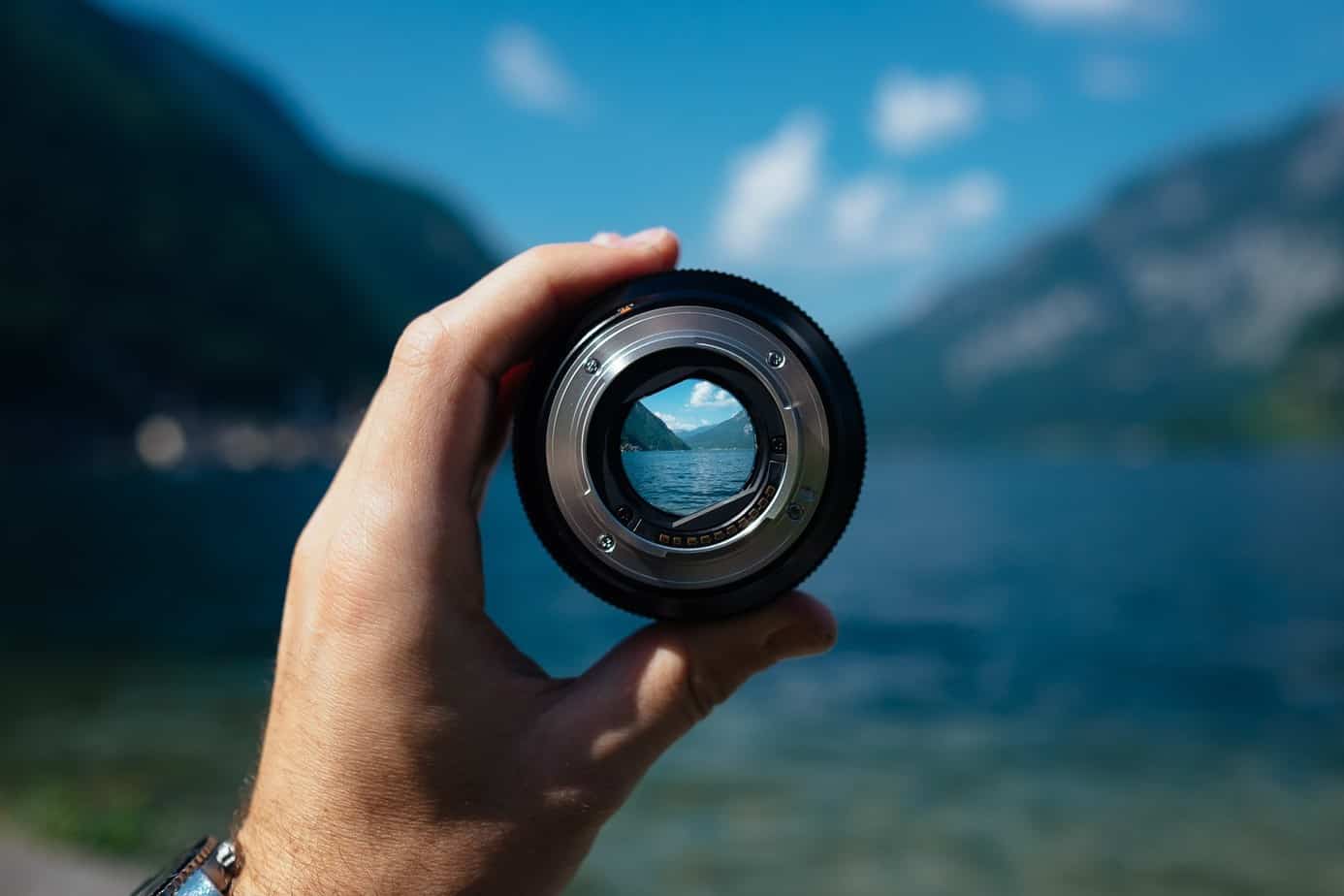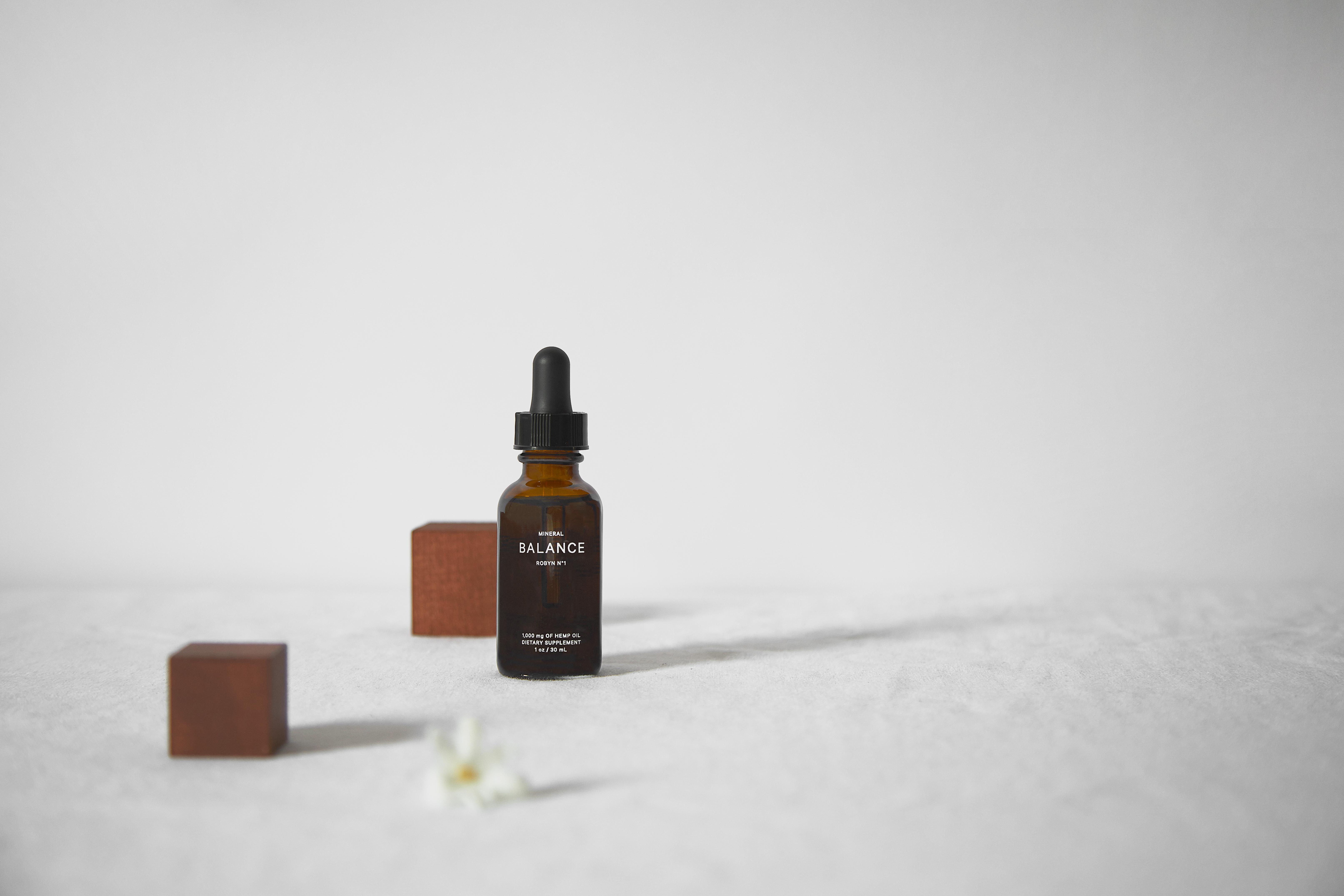With the dawn of the #MeToo movement and Fourth-Wave feminism, you could be forgiven for thinking that the internet was on its way towards becoming a safer space for women.
In fact, this is far from the truth. A recent survey by Amnesty International, ‘Toxic Twitter’, surveyed female Twitter users across eight different countries. It found that nearly a quarter of all the women surveyed had been subjected to some form of online abuse.
Another study conducted by the Pew Research Center found that women are more than twice as likely as men to experience harassment online.
The stats get worse for women in the public eye. Another Amnesty International report, ‘Troll Patrol’ looked at the Twitter accounts of 778 female politicians and journalists throughout 2017. Over the year, these women received 1.1 million abusive tweets between them. That’s one abusive tweet every 30 seconds. Women of color were particularly targeted, with black women 84% more likely to receive cyber abuse than white women.
Disappointingly, past advice for women looking to protect themselves against such abuse has been mostly centred around self-censorship. Female victims of pile-on attacks and doxing are often advised to remove themselves from social media or public debate.
We don’t believe this is necessary. There are plenty of ways we can protect ourselves against cyber abuse, without silencing ourselves in the process.
Here are our top five tips for staying safe online.
- Take control of social media - If you haven’t had a security overhaul of your social media accounts lately, we recommend that you take a look at your settings. Facebook’s privacy controls are customizable so you can regulate exactly who has access to what, as well as remove yourself from search functions, and prevent strangers from adding you as a friend.
Both Twitter and Instagram accounts can also be set to ‘protected’ or ‘private’, so you can share to approved followers without leaving yourself open to contact from strangers. If you need to use these platforms for work, consider having both a personal private account and a public business account.
- Make sure your hardware isn’t letting you down - If you have geo-tagging and geo-location services enabled on your smartphone, you’re allowing social media companies and other third-party trackers access to your whereabouts. At best, this can be used to bombard your accounts with targeted advertising. At worst, this information is vulnerable to hackers who can use it to find out where you are at any given time.
After disabling geolocation on your phone, consider disabling automatic syncing too. This will prevent any sensitive content or data being uploaded to Cloud or Drive where it is more vulnerable to breaches. The same goes for your webcam or built-in cameras, which should be covered or turned off when not in use to prevent hackers gaining access.
- Review your passwords - Conduct a regular review of the strength of your passwords and never use the same password for more than one account.
If you find lots of passwords hard to remember, use a password manager like LastPass to create and keep track of strong, secure passwords for all your accounts.
- Always block and report - Not all online harassment is as clear as public abuse or direct threats. Women are often made to feel as though they are over exaggerating when they voice concern over cyber abuse. In reality, even initially mild contact can be a red flag that indicates future dangerous behaviour.
Always trust your instincts. If you are receiving any contact online that makes you uncomfortable, don’t be afraid to block that person immediately. You are not being impolite for blocking them, they are being impolite for making you uncomfortable. If they take things further, or you receive any threatening posts or messages, always report them straight away — both to the platform’s support and to the police if necessary.
- Use a VPN - With so much of what we access online seemingly designed to track and monitor our data (and sell it to third parties), the only way to be truly safe is to use a VPN provider.
VPN stands for Virtual Private Network. Usually downloaded directly on to your device, a VPN will encrypt all of your online traffic as well as rerouting it through a specialised server in a different location. Not only does this ensure your data is kept private and safe from hackers and other cyber threats, it also means your real location cannot be detected.







